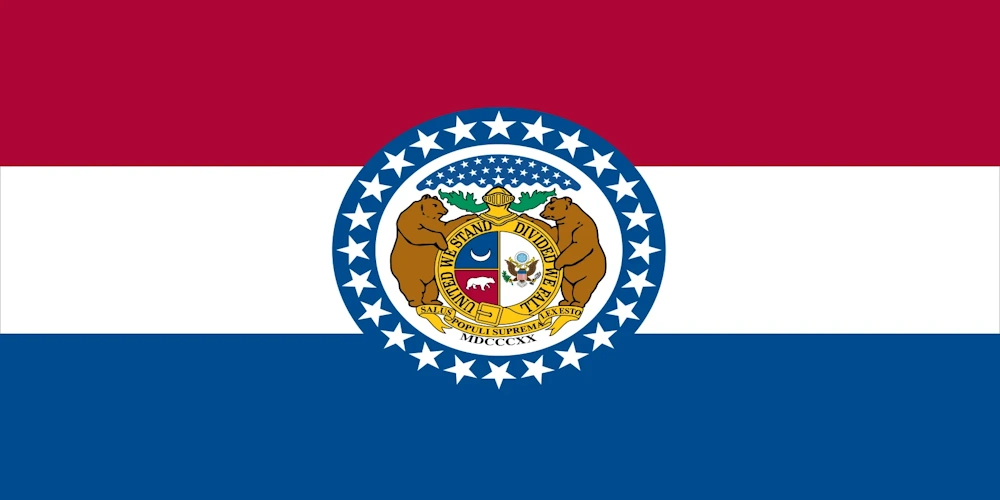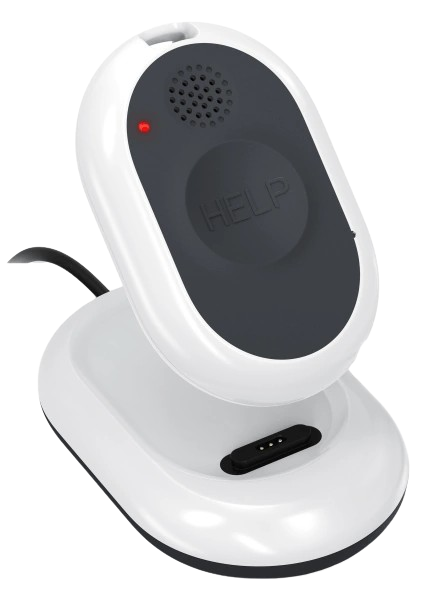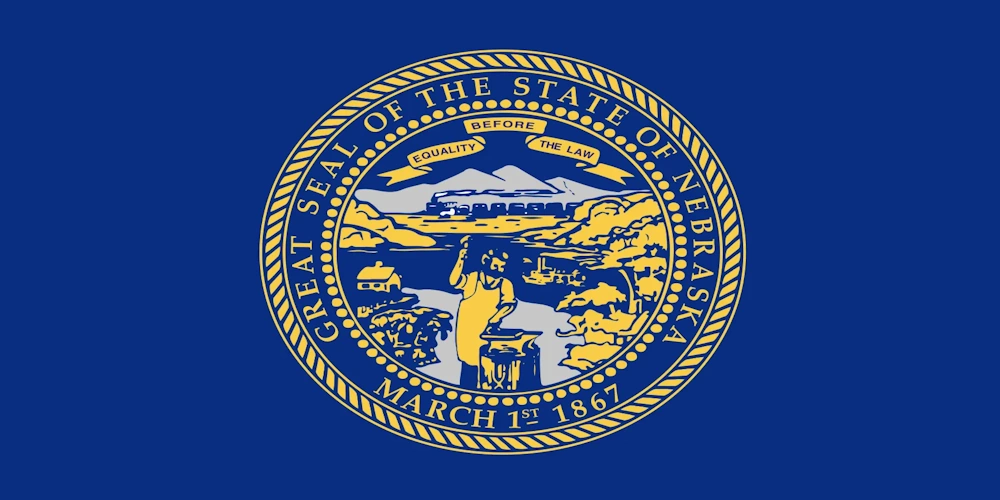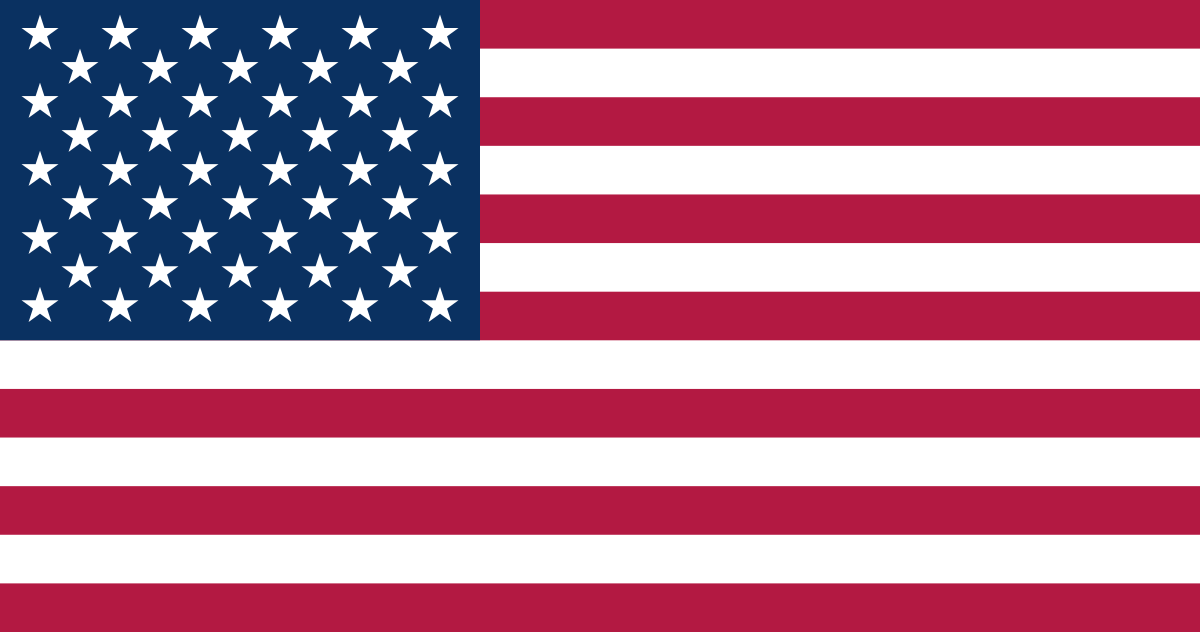Lone workers are essential across Missouri’s diverse industries, from agriculture and construction to healthcare, energy, and logistics. These individuals often operate in isolated environments—on rural roads, in industrial facilities, or at remote worksites—without direct supervision. This creates unique safety challenges that employers must address through policy, planning, and technology.
While Missouri does not operate its own OSHA-approved occupational safety and health program, the state provides valuable resources for workplace safety through the Missouri Department of Labor and Industrial Relations (MDOLIR). In combination with federal OSHA (Occupational Safety and Health Administration) requirements, employers can access guidance and support to keep lone workers safe and compliant.
On This Page
Our Guide To Lone Worker Safety Policy And Legislation In Missouri
Missouri falls under the jurisdiction of federal OSHA, meaning all employers must follow OSHA’s safety standards and enforcement protocols. Although OSHA does not have a regulation solely for lone workers, the General Duty Clause of the Occupational Safety and Health Act still applies. It mandates that employers maintain a workplace free from recognized hazards, including those faced by employees working alone.
To support this obligation, MDOLIR offers voluntary programs and consultation services that help Missouri businesses identify safety risks and improve workplace conditions, even though it does not enforce its own plan.
How Missouri Defines A Lone Worker
Missouri does not have a specific legal definition for "lone worker," and neither does federal OSHA. In practice, a lone worker is anyone who performs their job duties without direct supervision or coworkers present, and without immediate access to help in an emergency.
Common lone worker roles in Missouri include:
- Utility and telecommunications technicians
- Security guards and night maintenance staff
- Home healthcare providers
- Delivery drivers and transport workers
- Farmworkers operating heavy equipment alone
- Field inspectors and environmental engineers
Because these roles often take place in isolated or uncontrolled environments, employers must assess the associated risks and implement tailored safety measures.
Employing A Lone Worker In Missouri
Employers in Missouri must meet OSHA’s expectations by proactively identifying and controlling risks for lone workers. In addition to implementing policies and training, businesses can leverage state resources to improve safety outcomes.
Recommended best practices include:
- Job Hazard Assessments: Evaluate roles for hazards that are intensified by isolation.
- Communication Protocols: Establish regular check-ins using mobile phones, radios, or lone worker apps.
- Emergency Response Planning: Train lone workers to handle injuries, medical emergencies, or threats on their own.
- Technology Use: Equip workers with GPS-enabled devices, panic buttons, and fall detection tools.
- Documentation and Training: Develop and maintain written safety procedures tailored to lone work scenarios.
The Missouri Department of Labor and Industrial Relations (MDOLIR) offers free assistance through its On-Site Safety and Health Consultation Program. This service helps small businesses improve safety without the threat of penalties or citations. MDOLIR also manages the Missouri Workers' Safety Program, which supports the creation of formal safety programs that can reduce injuries and lower insurance premiums.
Learn How You Can Protect Your Employees With Loneworker.com

With Loneworker.com you can be equipped with the knowledge and the means to protect your employees and protect your business. Contact us today to learn more about how Loneworker.com can protect you and your employees.
How The Safe Lone Worker App Can Protect Missouri Lone Workers And Employers
The Safe Lone Worker app gives employers a powerful tool to protect staff working alone in the field, at night, or in remote areas. It includes real-time GPS tracking, customizable check-ins, emergency alerts, fall detection, and two-way communication—ensuring that help is always within reach.
This solution supports employers’ compliance with OSHA’s safety requirements while complementing Missouri’s efforts to promote workplace health and injury prevention through MDOLIR programs.
Missouri Lone Worker Policies
Although Missouri does not operate its own OSHA-approved occupational safety and health plan, employers can access essential safety support through the Missouri Department of Labor and Industrial Relations (MDOLIR). All workplace safety enforcement falls under federal OSHA, and the General Duty Clause obligates employers to maintain safe conditions for lone workers and other employees.
For official guidance, visit OSHA.gov and labor.mo.gov. This article is intended as a general reference and does not replace legal advice or official regulatory documentation.
Missouri Lone Worker Resources
OHS Contact Centre
- 1-866-415-8690
CDC / NIOSH
- 800-232-4636

Affordable Monitoring For Lone Workers In Missouri

-
 Monitoring Your Employees' Safety
Monitoring Your Employees' Safety
-
 GPS Tracking And Monitoring
GPS Tracking And Monitoring
-
 Man Down Panic Alerts
Man Down Panic Alerts
-
 24/7 Protection Anywhere
24/7 Protection Anywhere
Lone Worker Legislation
Lone Worker Safety Policies And Legislation By State
-
 Alabama State Safety Policies And Legislation
Alabama State Safety Policies And Legislation
-
 Alaska State Safety Policies And Legislation
Alaska State Safety Policies And Legislation
-
 Arizona State Safety Policies And Legislation
Arizona State Safety Policies And Legislation
-
 Arkansas State Safety Policies And Legislation
Arkansas State Safety Policies And Legislation
-
 California State Safety Policies And Legislation
California State Safety Policies And Legislation
-
 Colorado State Safety Policies And Legislation
Colorado State Safety Policies And Legislation
-
 Connecticut State Safety Policies And Legislation
Connecticut State Safety Policies And Legislation
-
 Delaware State Safety Policies And Legislation
Delaware State Safety Policies And Legislation
-
 Florida State Safety Policies And Legislation
Florida State Safety Policies And Legislation
-
 Georgia State Safety Policies And Legislation
Georgia State Safety Policies And Legislation
-
 Hawaii State Safety Policies And Legislation
Hawaii State Safety Policies And Legislation
-
 Idaho State Safety Policies And Legislation
Idaho State Safety Policies And Legislation
-
 Illinois State Safety Policies And Legislation
Illinois State Safety Policies And Legislation
-
 Indiana State Safety Policies And Legislation
Indiana State Safety Policies And Legislation
-
 Iowa State Safety Policies And Legislation
Iowa State Safety Policies And Legislation
-
 Kansas State Safety Policies And Legislation
Kansas State Safety Policies And Legislation
-
 Kentucky State Safety Policies And Legislation
Kentucky State Safety Policies And Legislation
-
 Louisiana State Safety Policies And Legislation
Louisiana State Safety Policies And Legislation
-
 Maine State Safety Policies And Legislation
Maine State Safety Policies And Legislation
-
 Maryland State Safety Policies And Legislation
Maryland State Safety Policies And Legislation
-
 Massachusetts State Safety Policies And Legislation
Massachusetts State Safety Policies And Legislation
-
 Michigan State Safety Policies And Legislation
Michigan State Safety Policies And Legislation
-
 Minnesota State Safety Policies And Legislation
Minnesota State Safety Policies And Legislation
-
 Mississippi State Safety Policies And Legislation
Mississippi State Safety Policies And Legislation
-
 Missouri State Safety Policies And Legislation
Missouri State Safety Policies And Legislation
-
 Montana State Safety Policies And Legislation
Montana State Safety Policies And Legislation
-
 Nebraska State Safety Policies And Legislation
Nebraska State Safety Policies And Legislation
-
 Nevada State Safety Policies And Legislation
Nevada State Safety Policies And Legislation
-
 New Hampshire State Safety Policies And Legislation
New Hampshire State Safety Policies And Legislation







